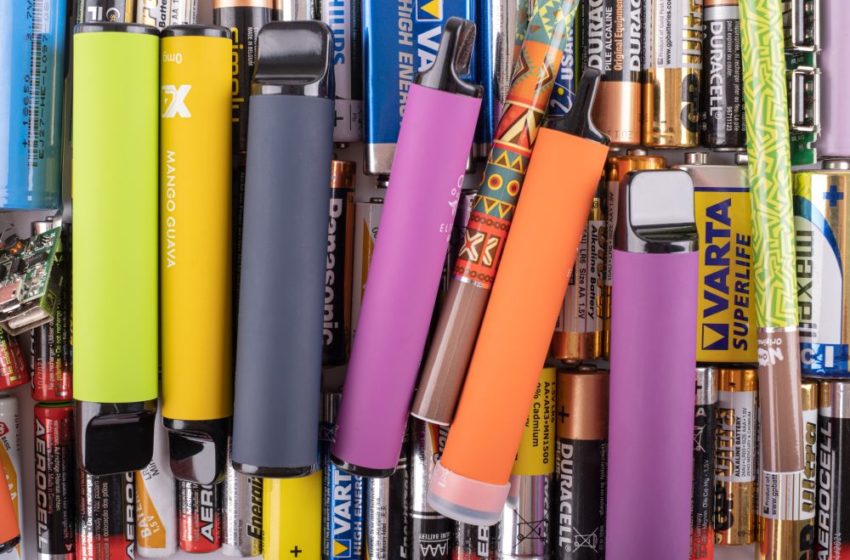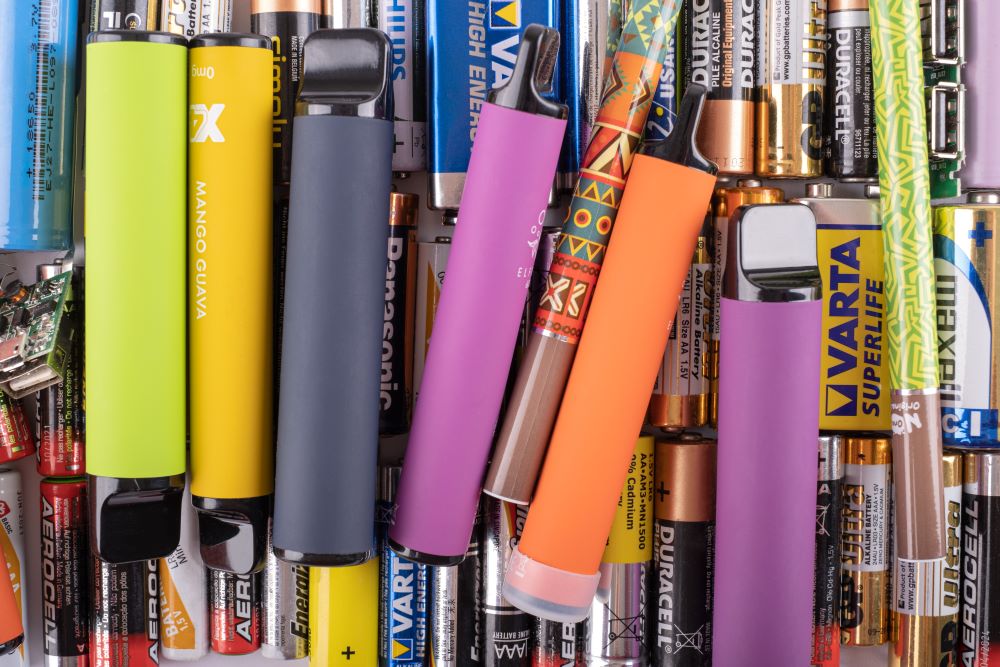
Scotland Public Health Minister Jenni Minto has welcomed proposed legislation to ban tobacco sales to anyone born after Jan. 1, 2009, and allow for tougher measures on vaping.
The proposed legislation, which is U.K.-wide, would gradually increase the age of sale, making it illegal to sell tobacco products to anyone born on or after Jan. 1, 2009. The bill also includes powers to regulate displays, contents, flavors and retail packaging of vapes and nicotine products, allowing restrictions to target flavors marketed at children and to move vapes out of sight of children and away from products like sweets, according to the Scottish government.
The legislation will also remove existing provisions making it illegal for those under the age of 18 to purchase tobacco products.
The government previously published proposals to ban the sale and supply of single-use vapes, which, if agreed upon by the Parliament, would come into effect April 1, 2025.
“Scotland has been a world-leader on a range of tobacco control measures, and while there has been a steady reduction in the proportion of people smoking, we know it still damages lives and kills more than 8,000 people a year in Scotland,” said Minto. “Smoking is a huge burden on our NHS [National Health Service] and social care services and contributes significantly to health inequalities, which is why our goal is for a tobacco-free Scotland by 2034.
“Research suggests that almost one in five young people have tried vaping, and we’re particularly concerned about how flavors are used as an enticement to children and young people.
“We will now consider how to use these powers, if passed by Westminster, with the consent of the Scottish Parliament, to benefit public health. We will continue our four-nations approach to avoid any unnecessary regulatory divergence and to offer more certainty for business and consistency for consumers. Powers on vapes will be taken forward following further consultation and engagement.
“In addition, we were the first government to commit to taking action on single-use vapes and have now fulfilled our 2023 Program for Government commitment to consult on measures to tackle the environmental impact of single-use vapes.”
In accordance with the Sewel Convention, the bill will require the legislative consent of the Scottish Parliament.

















